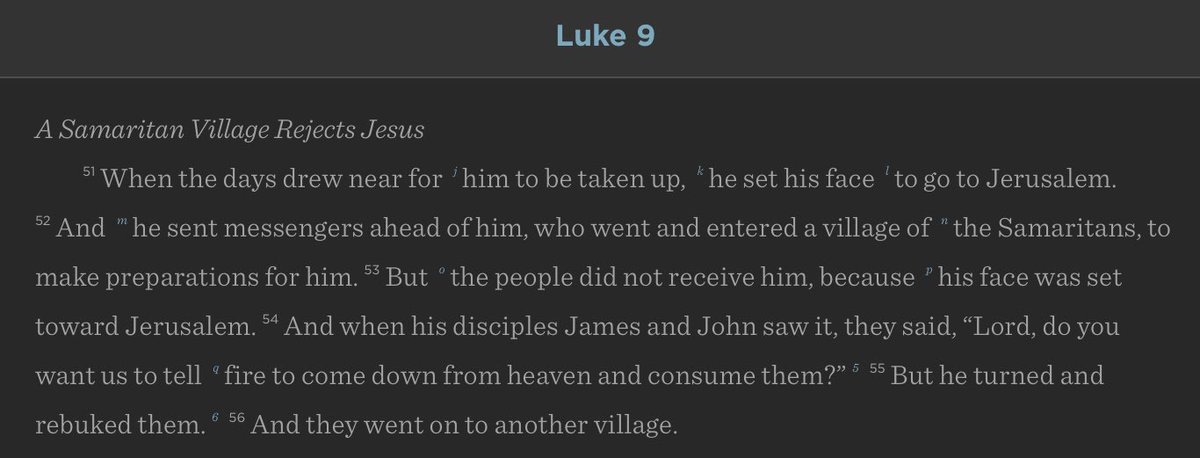
One of the last sermons my dad preached before he got too sick from cancer to continuing preaching was on the story of Elijah calling down fire from heaven to destroy the armies of Ahaziah. From Samaria Ahaziah had ordered his commanders to get the prophet.
So one by one Ahaziah’s commanders set out from Samaria to find and capture Elijah. And one by one Elijah calls down fire to consume them. Ahaziah had received a message from the prophet he didn’t like and he wanted to confront Elijah. Elijah finally agreed to go Ahaziah.
My dad loved Elijah. Loved preaching these stories of Elijah demonstrating the power of God over the wicked kings and false gods. But on this night in April or 2016 he preached this message in a way I had never heard him preach it before. A few years earlier mom and dad divorced.
I wont get into the specifics, but it left both of the broken in many ways. And dad struggled to move on and forgive. He probably would have loved to call fire down on some people. Forgiveness was hard for him, especially on this.
But this night he preached on calling down fire. But he didn’t preach on calling down fire. He pointed us to Luke’s gospel, chapter 9, where in Samaria Jesus is rejected. The disciples are angry, frustrated, and already felt the Samaritans were beneath them.
The disciples thought they should defend Jesus’ honor and send a message, “Lord, do you want us to tell fire to come down from heaven and consume them?” They knew their history. If Elijah could do it, one greater than Elijah could. Right here in Samaria. They deserve it.
But Jesus turned and rebuked them.
My dad turned the whole story of Elijah on its head. Never heard him preach it that way. It went from a story of power and vengeance to a sermon on power in forgiveness. Jesus could have called down fire like Elijah that day. But he wasn’t there to destroy his enemies.
Jesus was there to include his enemies in the Gospel of the Kingdom. His demonstration of power wasn’t in calling down fire, it was in not calling down fire.
My dad preach Elijah differently that day because thru all of his anger and pain from divorce he finally came to realize that power isn’t in vengeance power is in letting it go.
Sorry for all the typos and grammar probs. I send before I proofread. #ishouldknowbynow #mybad
Hey @threadreaderapp unroll please
• • •
Missing some Tweet in this thread? You can try to
force a refresh




